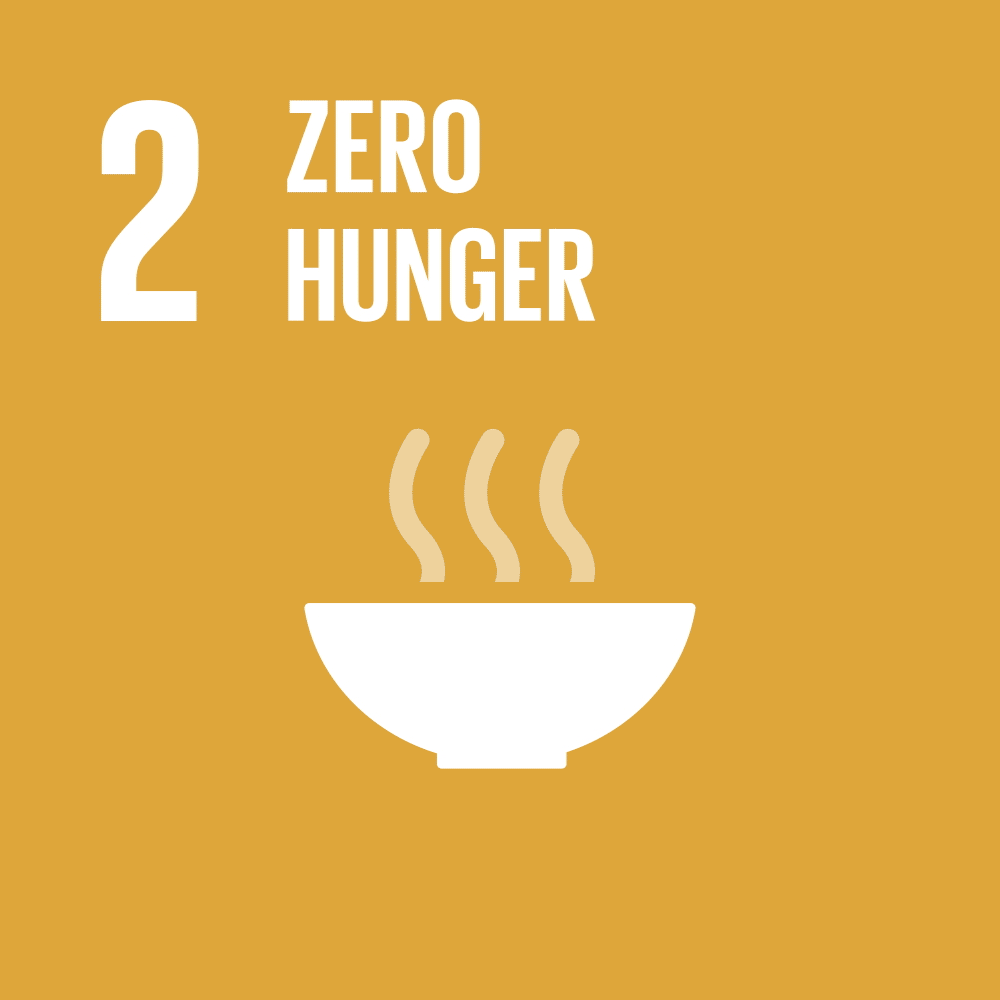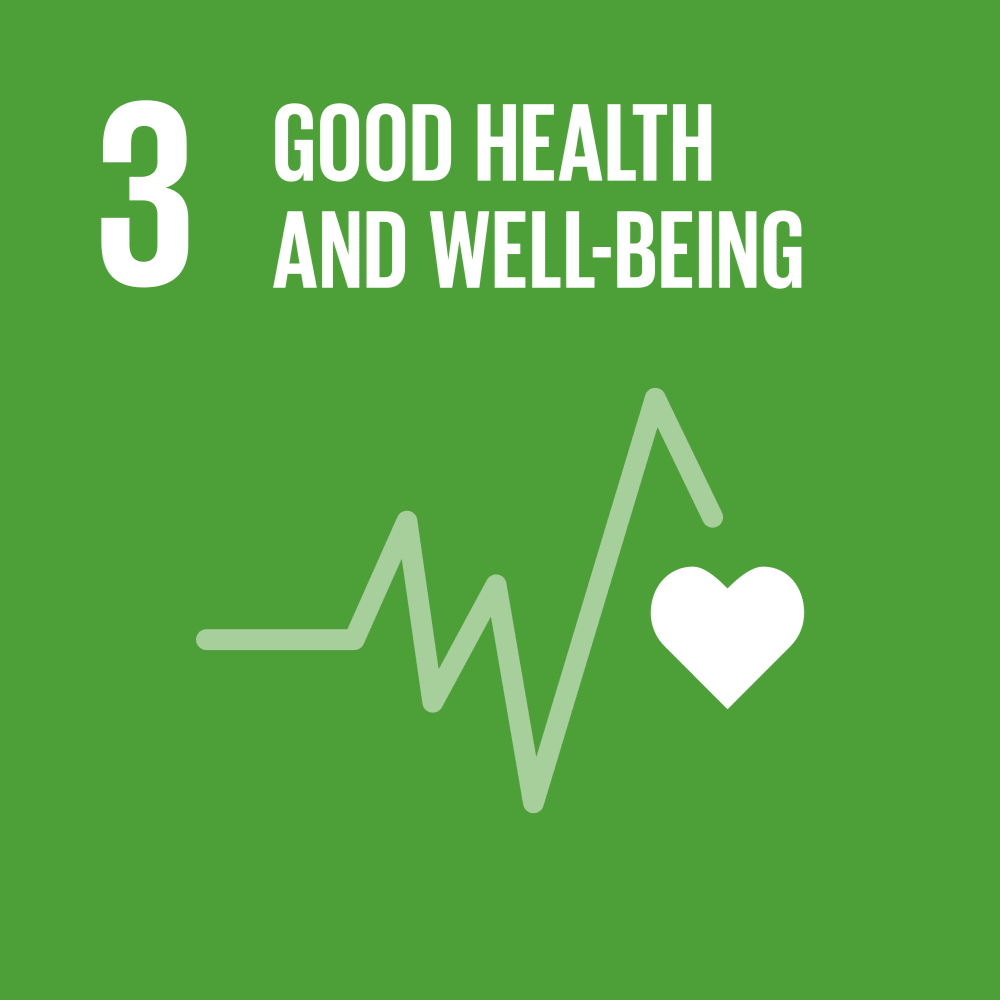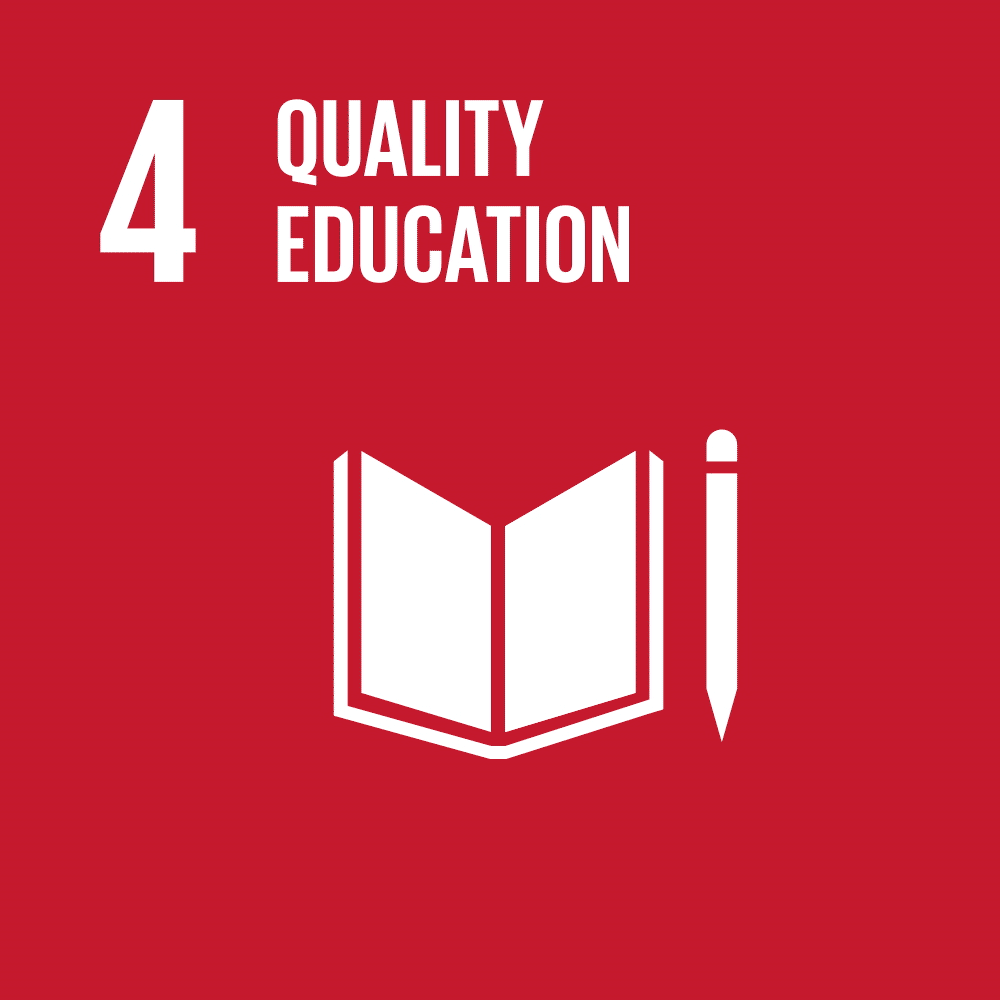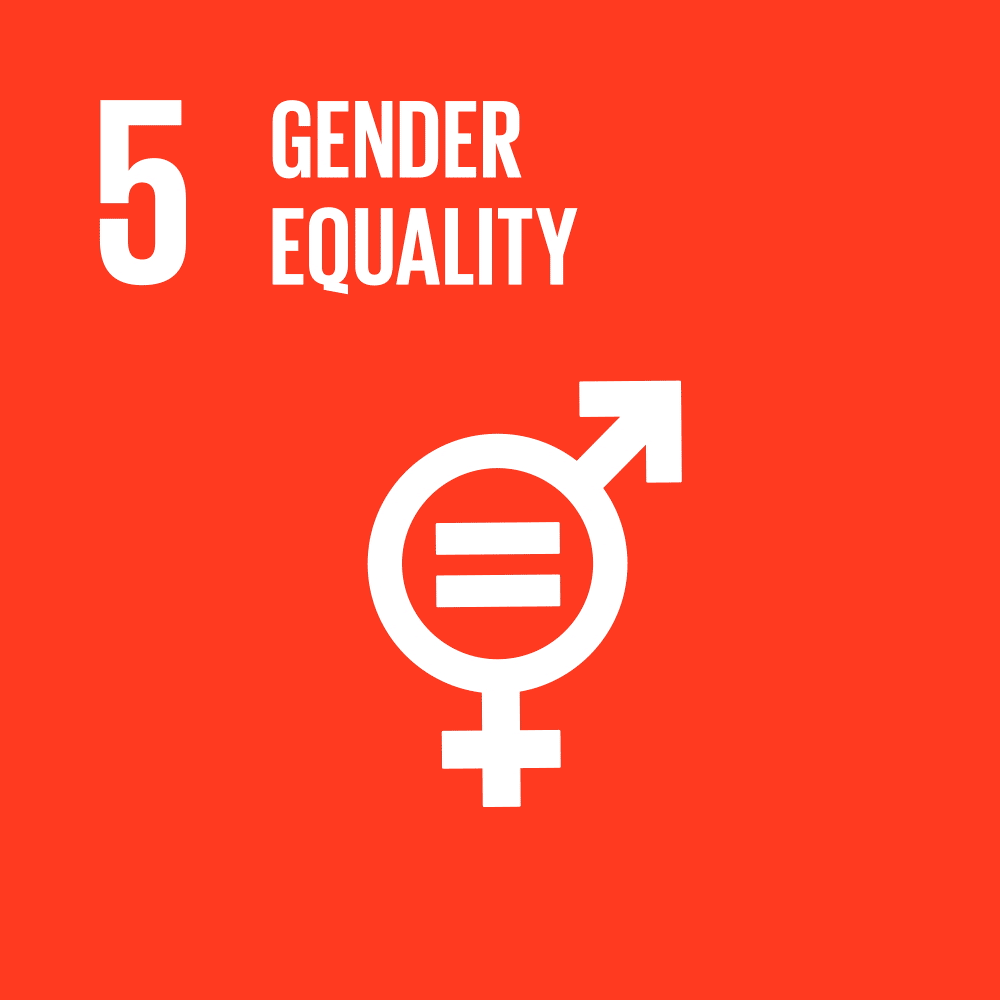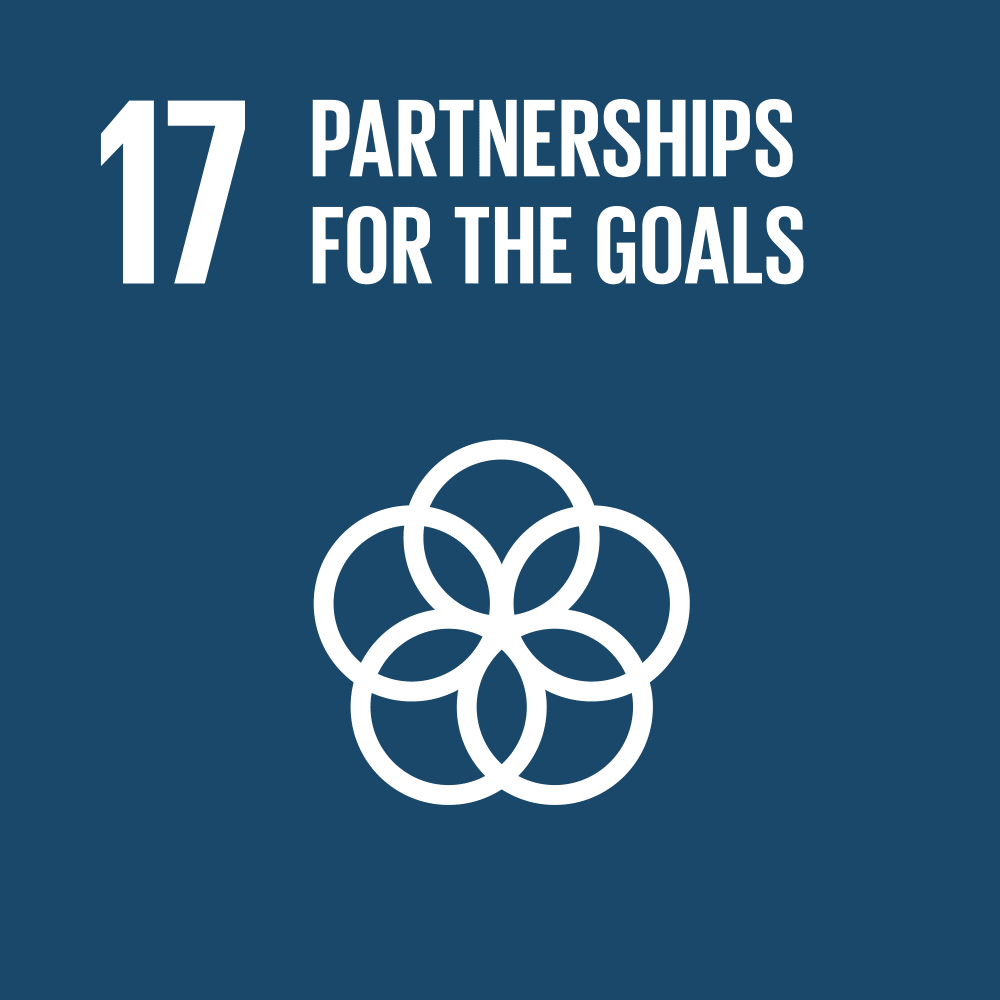Repository of Practices
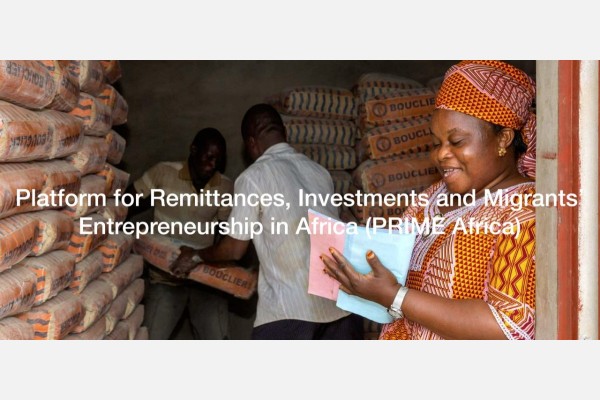
The PRIME Africa - Platform for Remittances, Investments and Migrants' Entrepreneurship in Africa initiative
Dates
Type of practice
Geographic scope
Regions:
Summary
In Africa, one out of five people send or receive international remittances, without considering domestic flows. Most remittances received in Africa cover daily needs, with a significant amount (25 per cent) available for savings or investment. Bringing these funds into the formal financial system can dramatically increase their impact. When remittances are deposited into financial institutions, they can benefit both the individual and the community. With better financial education and a broader range of financial services to choose from, remittance recipients are empowered to make financial choices that can advance them towards financial resilience. The ability to expand financial services, however, depends on institutional capacity, willingness to offer services to low-income people, and on regulatory frameworks that enables them to do so. The PRIME Africa programme, co-funded by the European Union, aims to address these development opportunities through innovations, partnerships and scalable products that promote cheap and fast remittance transfers. By helping maximize the impact of remittances for millions of families, PRIME Africa will contribute to foster local economic opportunities in the migrant workers’ countries of origin. In its first implementation phase, the PRIME Africa programme carried out a dedicated research to collect remittance-related data for all 54 African countries. Among them, 7 pilot ones (The Gambia, Ghana, Senegal, Morocco, Kenya, Uganda and South Africa as sending country) + 2 additional (Cabo Verde and Ethiopia) were selected as they had the greatest potential to respond to the PRIME Africa objectives. Following their selection, three calls for proposals were announced to identify viable projects in those 7 countries responding to the following objectives: - digitalization - formalization - financial inclusion - reduce remittance transfer costs. To better identify in-country issues to tackle, seven National Remittance Stakeholder Networks (NRSNs) - one in each target country - were set up to allow multi-sector stakeholders to work together and explore potential for synergies and collaboration. To date, over 15 projects are about to be launched in the 7 target countries, with an implementation span of two years. 7 NRSNs are set up, and 7 virtual Communities of Practice will be launched to allow NRSN members to deep dive into the main issues identified in their establishment.
Organizations
Main Implementing Organization(s)
Benefit and Impact
However, the PRIME Africa initiative has managed to mobilize different partners in the field and, supported by dedicated in-country officers, it has built trusted relationships with key institutions, including central banks.
The programme is comprehensive, and targets both institutional partners, as well as end beneficiaries, i.e. African migrants and their families in receiving countries.
Following this first implementation phase, the initiative can be scaled up to include additional countries and spread the example to leverage the impact of remittances to the benefit of rural communities in other areas of the country/continent.
Key Lessons
- Clear definition of roles and responsibilities
- Well defined timeline to carry out the studies, to present the results and to identify the target countries
- Select priority countries at the initial stage, to then broaden the scope. Otherwise the programme becomes too ambitious and chances to deliver reduce as the workload is too heavy
- Full commitment and alignment by the implementing partners
- Broad communication and full transparency on selection modalities and procedures
Recommendations(if the practice is to be replicated)
- Develop a good project proposal
- Keep the geographical scope limited for the first phase
- Give clear indications to develop project proposals
Innovation
In addition, the related programme processes have been set up and agreed virtually, in light of the ongoing pandemic. However, the strong partners and great commitment showed that, despite the unstable global situation, research and selection are indeed possible, as well as the opportunities for upscaling that the initiative presents.
Additional Resources
Date submitted:
Disclaimer: The content of this practice reflects the views of the implementers and does not necessarily reflect the views of the United Nations, the United Nations Network on Migration, and its members.
More Related Practices:
- Resiliencia y Protección: Casa de Seguridad para Activistas Nicaragüenses en Honduras y Costa
- Migrant Domestic workers and research supporting campaign and litigation for inclusion in the Compensation for Occupational Injuries and Diseases Act
- Migration and Sustainable Development in The Gambia (MSDG)
- Engaging Migrants and Diaspora Communities for an Inclusive and Climate-Resilient Blue Economy in Kenya
- Engagement of migrants in migration management of Azerbaijan
Peer Reviewer Feedback:
*References to Kosovo shall be understood to be in the context of United Nations Security Council resolution 1244 (1999).
Newsletter
Subscribe to our newsletter.

